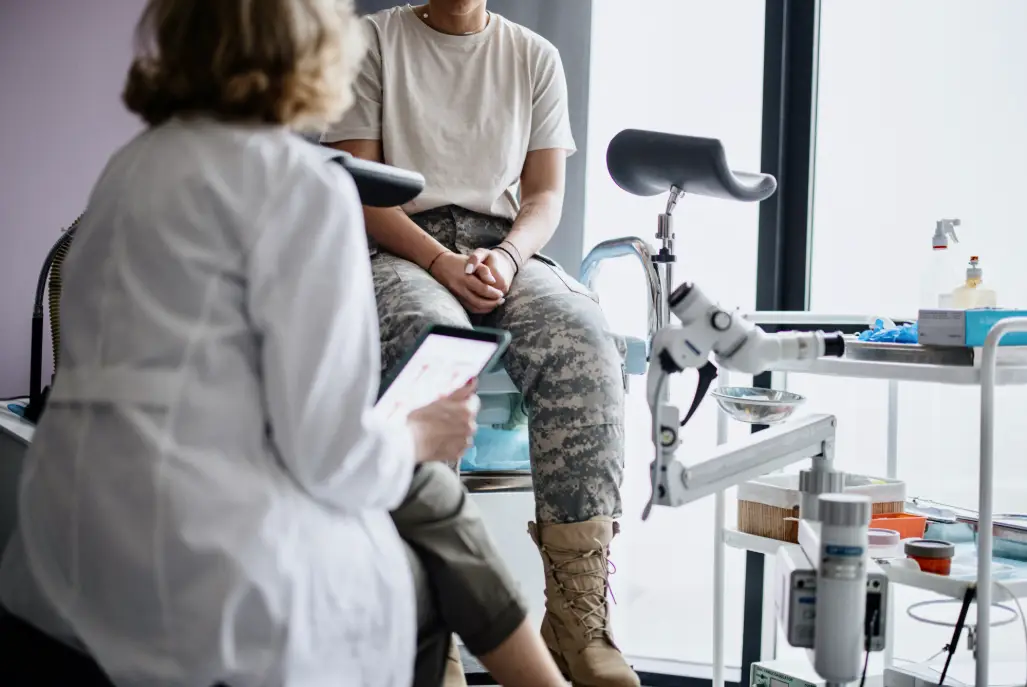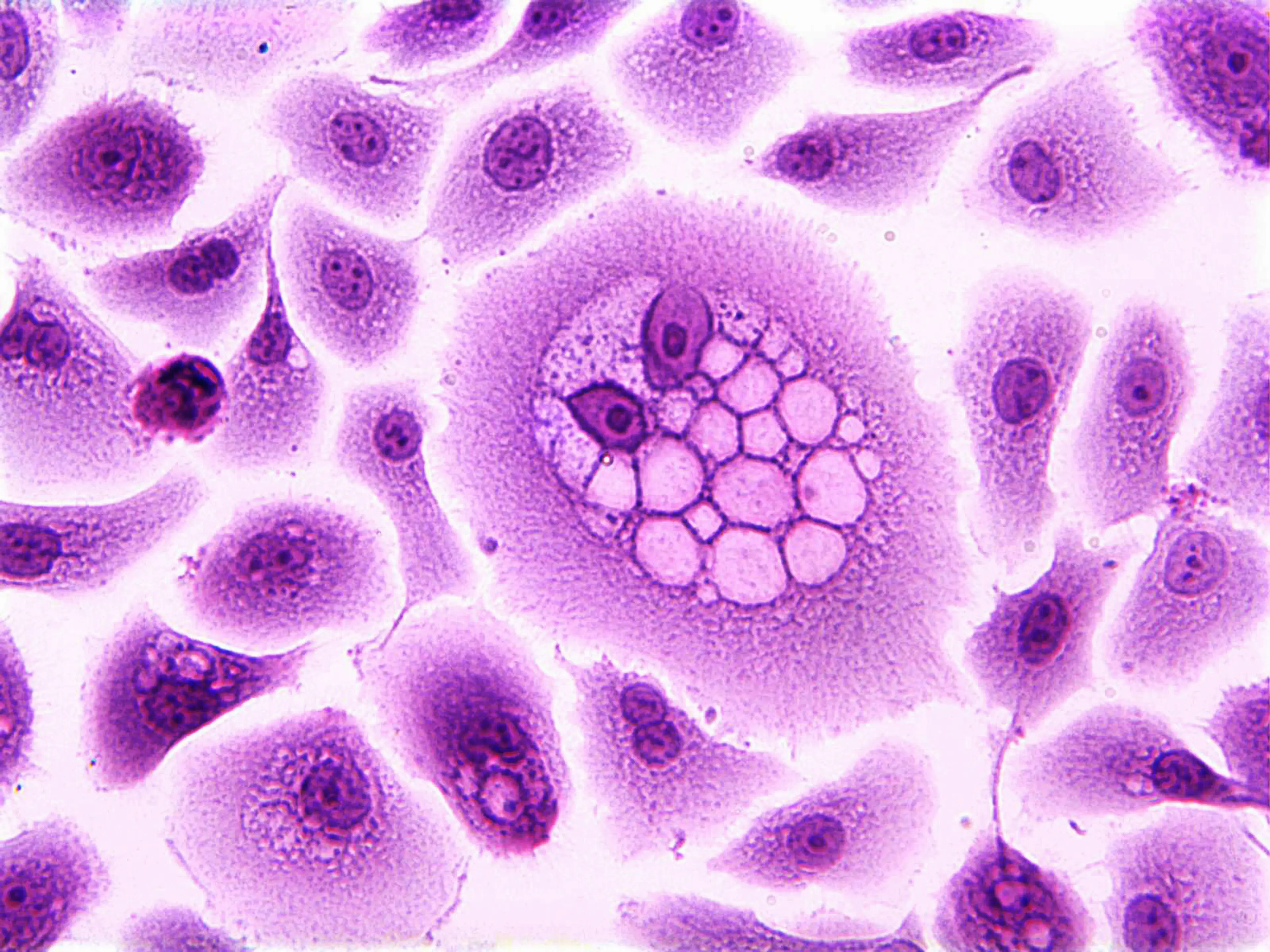
A doctor has shared one thing that could point towards you potentially having anal cancer.
With cancers on the rise, particularly anal and colon cancers, if you see anything that’s amiss, it’s time to book an appointment- especially if it’s this sign.
In a recent study presented at Digestive Disease Week, anal cancer cases were found to have increased by 2.9 per cent for women and 1.6 per cent for men in the years between 2017 and 2021.
“Rates of anal cancer are rising fastest among white and Hispanic women over 65 - groups not traditionally considered high risk,” said lead author Dr Ashley Robinson at Advocate Lutheran General Hospital.
Advert
According to the research, women over 65 have seen the biggest increase, with a 4.3 per cent rise.

Dr Robinson added: "While the exact reasons behind this trend remain unclear, most older women were beyond the recommended age for human papillomavirus vaccination when it first became widely available."
Your risk of developing anal cancer is around 1 in 500, according to the American Cancer Society, which predicts there will be 2,000 deaths caused by it this year.
But early detection is key.
Dr Evan Goldstein, a US anal surgeon and proctologist known as 'Dr. Butthole', shared that there's one thing to look out for which could potentially point towards you having the cancer type - and the clue is apparently in what appears around the anus.
"Anal cancer stems from the HPV virus and, for many, from the development of anal warts," Goldstein told The New York Post in a recent interview.
Just like Dr Robinson. Dr Goldstein also believes that HPV is related to anal cancer, with around 90 per cent of anal cancers being linked to the human papillomavirus (HPV).

“Many think they are just skin tags and then find out it’s anal warts from HPV,” said Goldstein. “They can be painful and itchy and lead to bleeding.”
However, some people don’t know they have warts, as they can be symptomless, particularly in the early stages. But if you visit the doctor for an anal smear, it could be found.
“The idea is to catch this early with early detection anal pap smears and full anoscopy (in and out visualization with a camera and high-resolution scope) with an appropriate anal practitioner,” Goldstein continued.
Anal cancer is usually treatable when it’s caught early, but if it’s left to spread, then the chances of survival are slim.
Goldstein recommends people see an anal specialist, particularly if they engage in anal play. That way, you’ll know as soon as possible whether you have the cancer.
“The more we talk about [anal health] and standardize yearly evaluations, similar to gynecology appointments, the better all of us will be.” he said.
